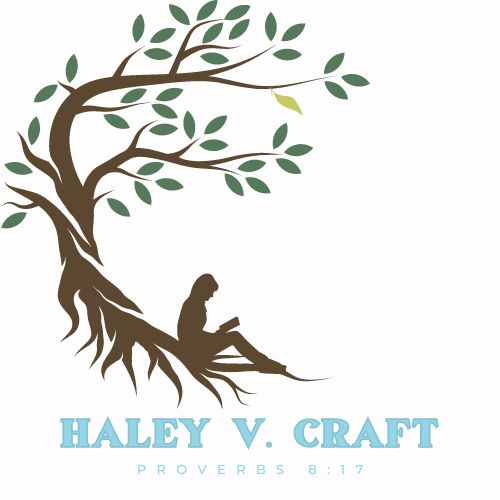Why are you in despair, O my soul,
And why have you become disturbed within me?
Hope in God, for I shall again praise Him,
For the help of His presence.
—Psalm 42:3-5 (NASB)
Last week we talked about how preaching to ourselves in difficult times can help us find hope and comfort to see us through. When we intentionally work to remind ourselves that we have hope in Christ, it may not take away the pain, but it opens the door for Jesus to come sit with us in the pain and offer us comfort.
The offer isn’t a shallow one to simply take away the problem, even though that seems pretty appealing. Instead, the offer is to experience the pain with us, to love us through the pain so our valleys of shadow and death aren’t filled with the crushing weight of being alone.
It’s nothing short of miraculous that the all-powerful, infinite God of the universe would even consider stepping into our pain, much less desire to do so. But even so, the question remains—how do we preach to ourselves and open the door to Jesus’s presence in our pain?
Psalm 42 gives us four steps to follow:
Step 1—Recognize where you are.
We’re not talking about physical location here, but mental and emotional location. The idea is to recognize what you’re feeling or what you’re going through mentally and emotionally.
The speaker focuses on what he is feeling for a significant portion of the psalm. He describes his mourning in at least seven of the eleven verses. In addition, both times he utters the refrain—verses five and eleven—he begins by acknowledging where he is. He is in despair. He is cast down. He is struggling.
But here’s the key. He didn’t focus on his pain for the full eleven verses. It’s important to recognize what we’re feeling, but it’s just as important to remember we don’t have to and shouldn’t pitch a tent and camp out there.
Step 2—Give yourself compassion.
I first came across this idea in the book The Power of Positive Self-Talk by Kim Fredrickson. The entire book is about what it looks like to have compassion for yourself and how it can affect your life as well as how you interact with those around you.
Here’s a quick summary. If a friend came to you and confessed that they were struggling with something, you would likely remember that they’re human and lovingly encourage them rather than telling them how horrible they are for having that very human struggle. In the same way, when we mess up or struggle, we should beat ourselves up over it. We should acknowledge our failings while also reminding ourselves that we are human too. It’s a balance of truth and grace.
That’s exactly what we see in this psalm. In verse five, the speaker acknowledges that he is really struggling. Some translations use the word cast down and some use in despair, but either way, the speaker is having a tough time. But when the speaker acknowledges the struggle, he doesn’t do so in a way that condemns himself. There isn’t a negative tone that implies he’s a failure or worthless. Instead, there’s a tenderness in the way he speaks to his soul.
Step 3—Remind yourself that we have hope and invite God into the struggle with you.
This step is like coaching yourself to look more at God and His goodness and care for us than at the thing that’s distressing us. The speaker does this in the second half of the refrain. After acknowledging where he is and doing so in a compassionate way, he gives himself an order: “Hope in God, for I shall again praise Him for the help of His presence.”
He speaks directly to his spirit, pointing to exactly what he wants his mind’s eye to focus on. Sure, things weren’t going well around him and there was a lot he could have been worried about, but that was not what he needed to focus on. He needed to focus on remembering the hope he had in God and inviting His presence.
Step 4—Rinse and repeat. As many times as necessary.
I love the TV show The Chosen. One of the most heartbreaking scenes in that show is when Mary Magdalene, who had been freed from her demons and healed of gambling and alcohol dependence (unique to the show), temporarily falls back into gambling and drinking. She is so ashamed of her struggle that she doesn’t want to go see Jesus about it. According to her, Jesus healed her and then she broke again.
But here’s the thing. This psalm reminds us that it’s okay for us to need reminding and second changes. The entire psalm flips and flops back and forth between mourning over his situation and reminding himself that God provides for us and brings joy; between blaming God for his struggles and reminding himself of God’s lovingkindness; between being drenched in tears and reminding himself to hope in God. Not once does God respond and say he is tired of it.
If you’re in a place of struggle today, it’s okay. He’s not fed up with the drama or tired of you needing Him. He’s not done with you. In fact, He wants to join you in the pain so you’re not alone. That’s why we preach to ourselves—to intentionally make room in our minds and hearts for our Mighty Savior to come comfort us. He is just on the other side of the door to our hearts, eagerly waiting for the opportunity.






0 Comments